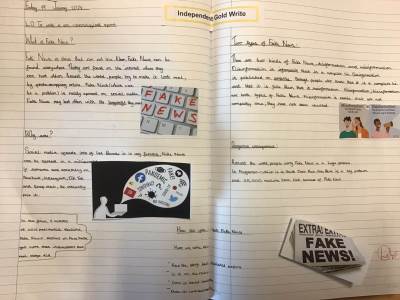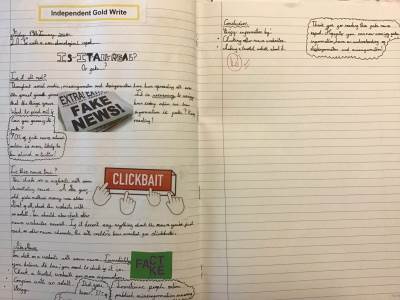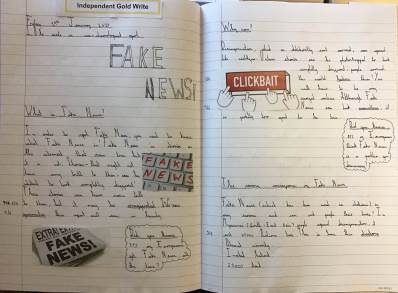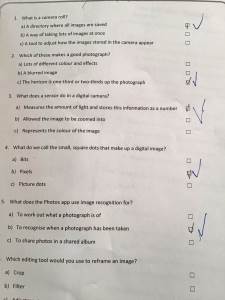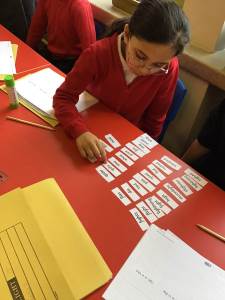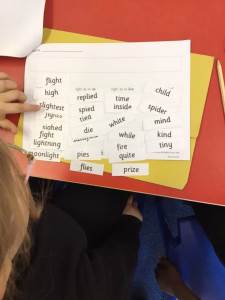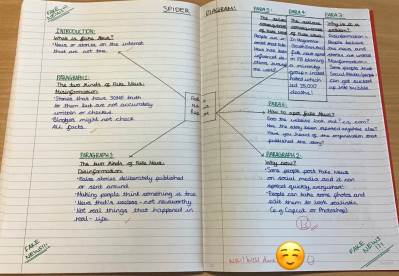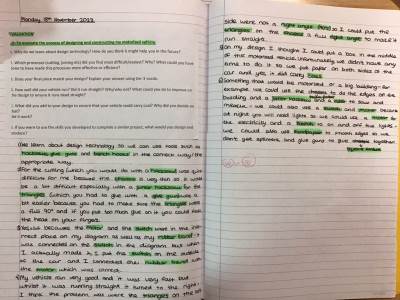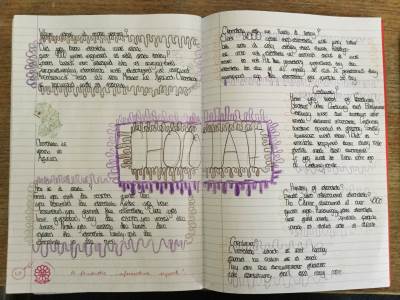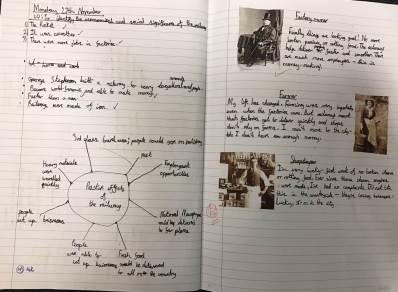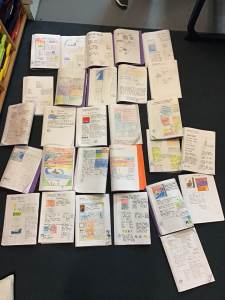Related Pages
- Educational Visits
- Recommended Reading List
- PE and Sports
- UNICEF Rights Respecting School
- Park Hill Curriculum
- English
- Computing
- Science
- Early Years Foundation Stage
- Year 1 Curriculum 2024-25
- Year 2 Curriculum 2024-25
- Year 3 Curriculum 2024-25
- Year 4 Curriculum 2024-25
- Year 5 Curriculum 2024-25
- Year 6 Curriculum 2024-25
- Design Technology
- Geography
- RE
- RHE
- Art & Design
- History
- Modern Foreign Languages
- Maths
- Music
English
What is English?
English is the main language of the United Kingdom and Ireland. Many other countries around the world also use it. This means it is a global language.
Why do we learn English?
We learn English so we can speak, read and write fluently. This means we can communicate with other people. It also helps us learn other subjects.
At Park Hill School, we provide teaching and learning opportunities to develop all areas of English: spoken language; reading; writing and spelling; performance; punctuation and grammar. Our commitment to inclusion and equality of opportunity is shown through the range of strategies we employ to ensure engagement in lessons of our pupils.
This links to our 6 school values :
Community, Equality, Respect, Compassion, Aspiration and Resilience
Park Hill School English Policy and Statement of Intent
English pupil voice analysis AUTUMN 2023
English pupil voice analysis SPRING 2024
English pupil voice analysis SUMMER 2025
English National Curriculum
English National Curriculum KS1 and KS2
English Progression Maps
Park Hill Writing Progression mapPark Hill Reading Progression Map
English Overviews
English Medium Term Plans
Sound Start Phonics Progression Map Medium Term Plan ReceptionMedium Term Plan Year 1 Medium Term Plan Year 2
Medium Term Plan Year 3 Medium Term Plan Year 4
Medium Term Plan Year 5 Medium Term Plan Year 6
English Curriculum Overview
Spoken Language
At Park Hill, particularly because many of our pupils begin their school life without the oracy skills appropriate for their age, we recognise the importance of spoken language in the development of reading and writing and, indeed, of the whole individual. The skills of speaking and listening are explicitly taught and children are given a wide range of opportunities to practise these skills and develop confidence and competence.
Throughout the School, children talk about their learning, developing ideas and understanding through discussion, asking questions, being able to listen carefully to others’ views and giving them time to respond, sometimes challenging others’ viewpoints, negotiating with others in group work and considering a range of viewpoints. Talk partners are often used as a strategy to encourage discussion in lessons. Relevant tier two and three vocabulary is explicitly taught in lessons across the curriculum so that our children’s knowledge and understanding of vocabulary increases. Talk for Writing, which is used in EYFS, KS1 and Lower KS2 in order to embed key vocabulary in children’s minds, is one such method that is employed on a regular basis.
For younger pupils, opportunities to develop their spoken language include role play within the indoor and outdoor learning environments. Within these, children can explore language in contexts such as a garage, a hairdresser’s salon or a café. As the children become older, opportunities are extended with the children preparing to speak to an audience using computer presentations or posters as prompts. Children in Year 6 learn to use spoken language in a formal debate.
Spoken language is also developed through drama activities as children improvise, refine and rehearse scripts and learn to present these to an audience – for example – in their class assemblies. Rehearsing ideas through role play and spoken language enables children to explore different genres, identify with characters and develop vocabulary. Teachers often use this approach as preparation to improve the quality of written work.
We promote respect towards all languages and dialects that children may bring into school with them. We value all languages and recognise home languages as a stepping-stone to progress in the use of English.
Reading
Reading consists of two dimensions - word reading and comprehension (both listening to a book read to them and when reading themselves) - and it is essential that children become competent in both. At Park Hill, reading is taught as a separate lesson from writing. However, we very much try to link reading and writing activities. We also endeavour to encourage reading across the entire curriculum. As the children move through the school, they are taught a whole wealth of reading skills such as:
- decoding and blending (for Year 1)
- recognition of ‘tricky’ words on sight (for Years 1 and 2)
- retrieval of information from a text
- participating in discussions about books that are read to them and those they can read for themselves, building on their own and others’ ideas and challenging views
- interpretation of information and drawing inferences such as inferring characters’ feelings, thoughts and motives from their actions, and justifying inferences with evidence
- predicting what might happen next
- commenting on the writer’s use of language, structure and presentation
- performing a text
- identifying the writer’s purpose and viewpoint
- summarising a text or part of text
- distinguishing between statements of fact and opinion
- identifying how language, structure and presentation contribute to meaning
- identifying and discussing themes and conventions in and across a wide range of writing
- making comparisons within and across books
We use a wide selection of challenging texts that are structured in different ways, including fiction, poetry, plays, non-fiction and reference books. Usually, (particularly in Key Stage 2), one text is used for the whole class although differentiated activities will be set according to the ability of each child. During the main lesson, discussions take place on the text, centring around one or more of the progression statements appropriate to the children’s ability. Written tasks are given as follow-up activities to ensure secure understanding of what has been discussed. From time to time, particularly challenging texts are chosen; these are examined in close detail with great attention being paid to vocabulary and nuances in meaning.
Non-fiction texts are continually woven in alongside fiction texts to help provide background information for the children on the fiction text they are reading.
Strategies to aid Reading
The children are advised to use the following strategies to aid their comprehension as they read an unfamiliar text:
- Visualisation
- Background knowledge
- Noticing where breakdown in meaning occurs and reading back or forwards to put the meaning back together
- Ask questions of themselves about what is happening in a text and why
- Prediction
- Inference
- Spotting important vocabulary and trying to work out the meaning
Vocabulary
Much attention is given to learning new vocabulary and making sure this is embedded securely in children’s minds. Each week, a number of activities are planned around a selection of new tier two and three vocabulary, which the children will meet in a text that week. The aim is for the children to have an in-depth understanding of a word, not only in its current context, but also for them to be able to remember the meaning if they should encounter it again in a different text and for them to be able to use it accurately themselves in their own writing. Additionally, the children are taught to recognise different forms of the word – nouns, adjectives, verbs, adverbs.
As far as possible, the teachers use tier two words (words which offer a much greater level of precision and accuracy than their simpler counterparts) in their everyday conversations with the children and they encourage them to respond in a like manner.
Reading Aloud
Great emphasis is placed on the children being able to read aloud fluently with expression, showing understanding of what they read by varying their intonation, tone and volume so that the meaning is clear to an audience. Teachers use the strategy of ‘echo reading’: here children are asked to read small sections of a text in exactly the same way the teacher has read them. We believe that, if children are taught to read aloud expressively, they will learn to do this silently in their heads and this, in turn, will significantly aid comprehension of a demanding text.
Class Novel
Even when pupils can read independently, the class teacher still reads a class novel aloud to them on a regular basis. The class novel is chosen by the teacher so that children meet books and authors that they might not choose to read themselves.
Reading for Enjoyment
We try hard to instil a love of reading in our children and to encourage them to read widely for their own pleasure. Teachers constantly recommend books for the children to try and pupils are urged to suggest texts for their peers to read. We have close links with our local library, Balsall Heath, and are often involved in projects with them. Regular visits are made to the library in order to help inspire our children to read more widely and to make the children aware of the library’s facilities. Balsall Heath Library is currently closed until 2025 due to refurbishment. However, our school library is an inviting space for the children to come to read with a variety of books to choose from.
At Park Hill, we use book banding to ensure children read age-appropriate texts and as one of our tools to monitor progress. Children have access to a wide range of age-appropriate texts. All children in the school are expected to read at home on a daily basis and children in all year groups (or - in the case of very young children - their parents) are asked to complete a reading diary, detailing what they have read over the week, and bring this into school on a set day once a week. Children in Years 5 and 6 are expected to have more detailed entries. Where it is very difficult for children to read at home, staff will do their utmost to ensure they are given extra reading time at school.
Writing
In writing, we base our learning around the Writing Cycle which takes the following format:
- Immersion in a genre incorporating: Talk for Writing, role play, book talk, class discussion, paired discussion, sentence construction, punctuation and grammar work related to the end piece of writing to be written, modelling of the writing by the teacher, text marking of modelled texts in the same genre as the one to be written and short pieces of writing.
- Planning for ‘The Big Write’ – this is very much a supported activity involving writing frames and differentiated success criteria.
- Writing the ‘Big Write’ with the aid of success criteria provided by the teacher. Again, this is a supported activity.
- Proof reading and evaluating own work. Sometimes, the children proof read together with a partner and evaluate it together.
- ‘Close the Gap’ lesson – general learning point which the teacher has picked up from marking the books will be taught to the whole class. This is followed by the children working on their own ‘close the gap’ comments which have been highlighted by the teacher in their books.
- ‘Independent Cold Write’ – the children plan and write an unseen piece in the same genre. Children also write their own success criteria.
- Again the children spend some time proof reading their own work and then evaluating it.
- - ‘Independent Gold Write’ – this is produced when they have had time to consider how they might be able to change it for the better, using peer and self-marking linked to the success criteria.
Throughout the writing modelling of writing by the teacher is key. Wherever possible, we link our writing to what the children are learning across other curriculum areas or to topical events.
Year 1 follow an adapted writing cycle. Reception build up to a similar cycle during the year. There is much concentration in Foundation on talk for writing and building up story patterns in children’s heads so that they will be ready to write in year 1.
Year 6 also follow an adapted cycle, with reduced scaffolding of learning, in order to challenge retention of prior learning and promote independence.
Outside the writing lesson, we actively encourage the use of writing skills in all other curriculum areas.
Performance of their writing might take place at any of these stages listed above. We try hard to make sure there is a real purpose and audience for the children’s writing.
Grammar and Punctuation
Grammar and punctuation points are taught at the beginning of English lessons, where they are relevant to the genre being worked on. There are also discrete lessons in grammar and punctuation from Year 2 upwards.
Phonics and Spelling
In order to teach phonics, in Foundation and Key Stage 1, we use a focused teaching strategy called Sound! Start Phonics for Letters and Sounds which has been accredited by the Department for Education. Teachers and teaching assistants provide extra practice through the day for the children who make the slowest progress (the lowest 20%). Phonics is taught through 6 phases:
- - Phase 1 supports the development of speaking and listening
- - Phases 2-5 are a systematic approach to phonics teaching and word recognition skills
- - Phase 6 focuses on word – specific spellings and the rules for spelling alternatives
Phonics is taught as a discrete lesson for 30 minutes on a daily basis. Two lessons are centred around reading skills, two around writing skills and one is concerned with common exception words. It is always taught as a whole class lesson, although activities are differentiated.
For those children who have not been successful in the Phonics Check by the end of Year 2, there is continuing phonics provision in Key Stage 2. During Key Stage 2, children are taught the spelling rules and patterns appropriate for their year group in accordance with the National Curriculum; they are also taught the words on the statutory word lists for Years 3 – 6.
For those children who have not been successful in the Phonics Check by the end of KS1, we deliver specific interventions (derived from the Sound!Start Phonics scheme). In addition, these children are chosen to participate in the Lexia program.
Spelling, appropriate to ability and age expectation, is taught for short periods of time on a daily basis in Key Stage 2 in line with statutory guidance as outlined in English Appendix 1 - Spelling. The children are taught a range of strategies to enable them to spell words correctly and are encouraged to apply these strategies to their independent writing.
Handwriting and Presentation
At Park Hill we aim to equip children with the skills to write in a handwriting style that is fluent, joined and legible. Children throughout the school use a cursive script where all letters start with a lead-in from the line and have a tiny hook on the end of them, which makes it easier to join them. Lower case g, y and j are not joined and neither are capital letters. Children should be using joined handwriting for all writing, except where other forms are required, by the end of Year 2 and earlier if possible.
Enrichment in English
Our School Library
Our children visit the library regularly and enjoy reading whilst enjoying the beautiful sculpture on loan from Balsall Heath Library. Our children also have access to a science library where children can access and take home non-fiction books.
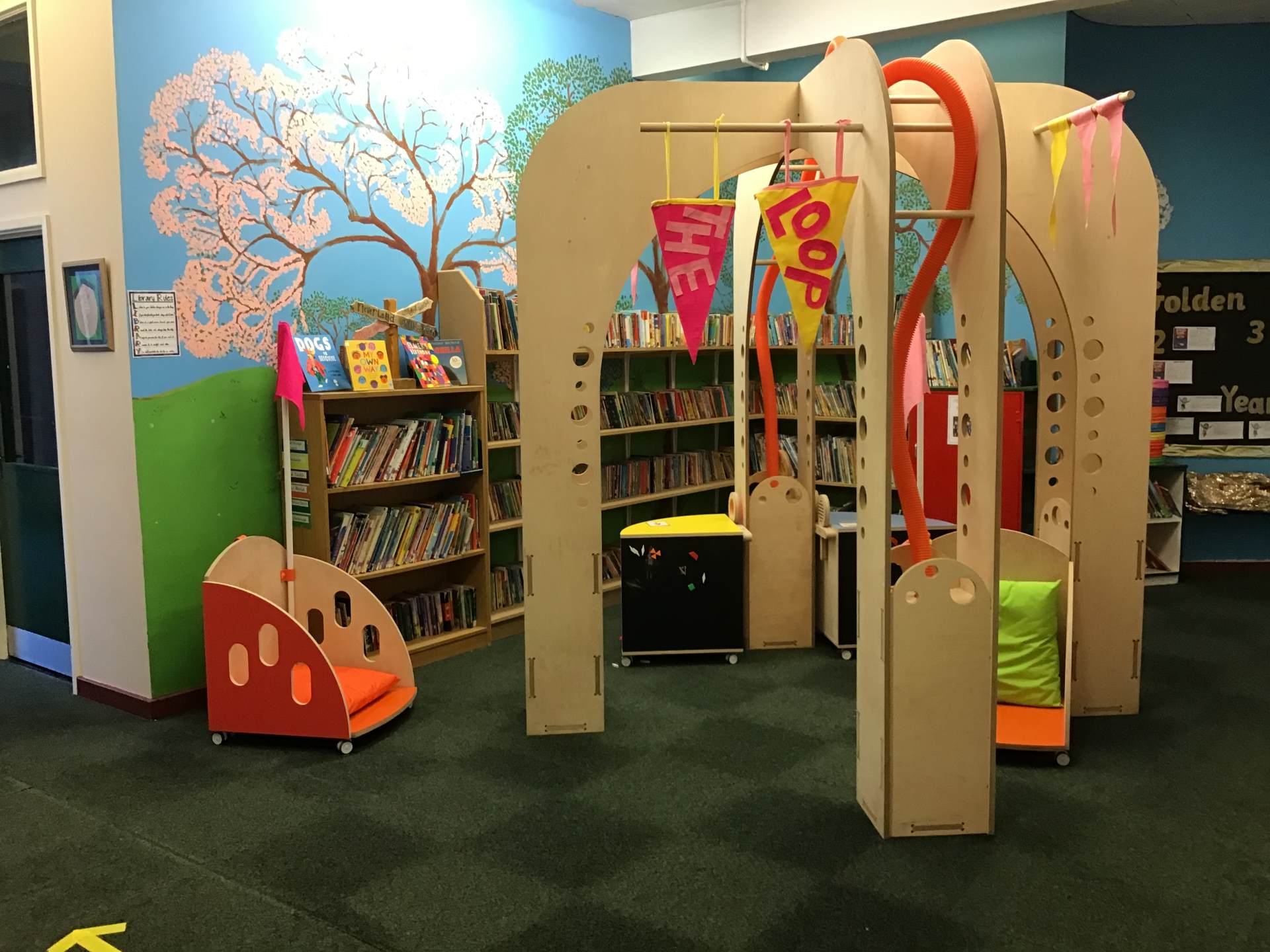
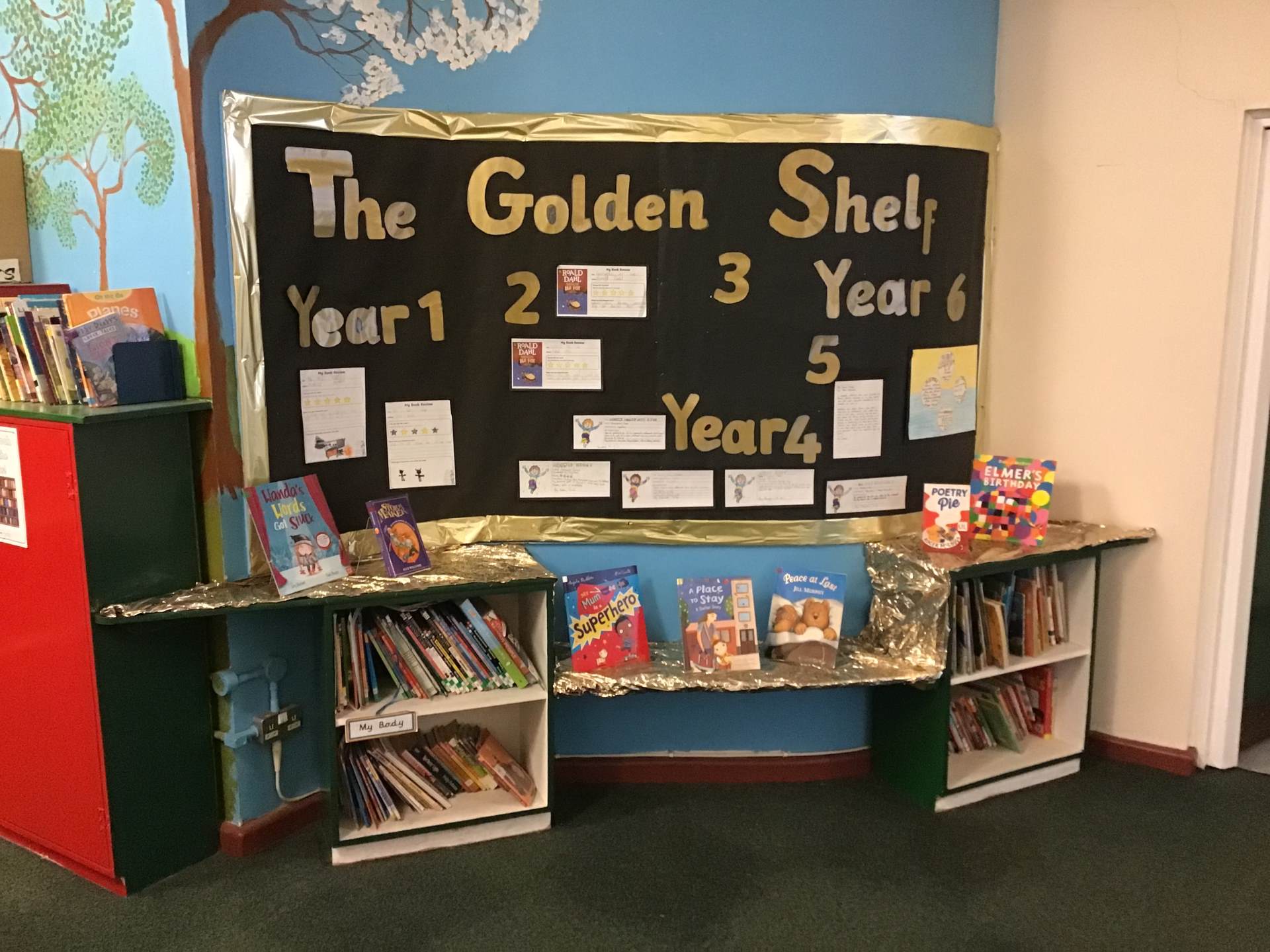
Inspire Workshop Feedback
We offer reading inspire workshops to our parents as part of our home-school partnership so that parents can have an active role in developing their children's English skills whilst demonstrating how English is taught in school. Here is some wonderful feedback from our parents.
2023 reading inspire parent feedback
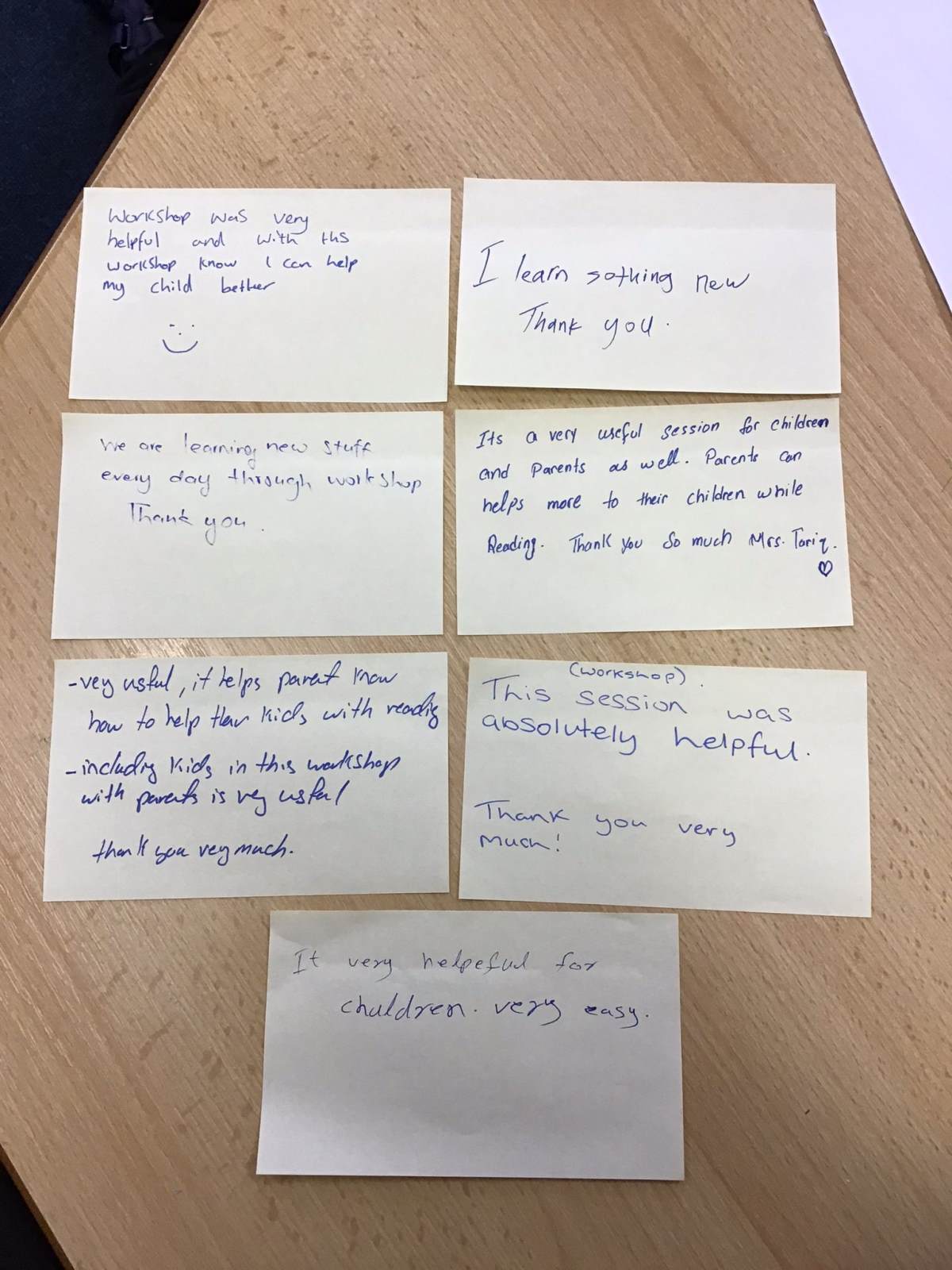
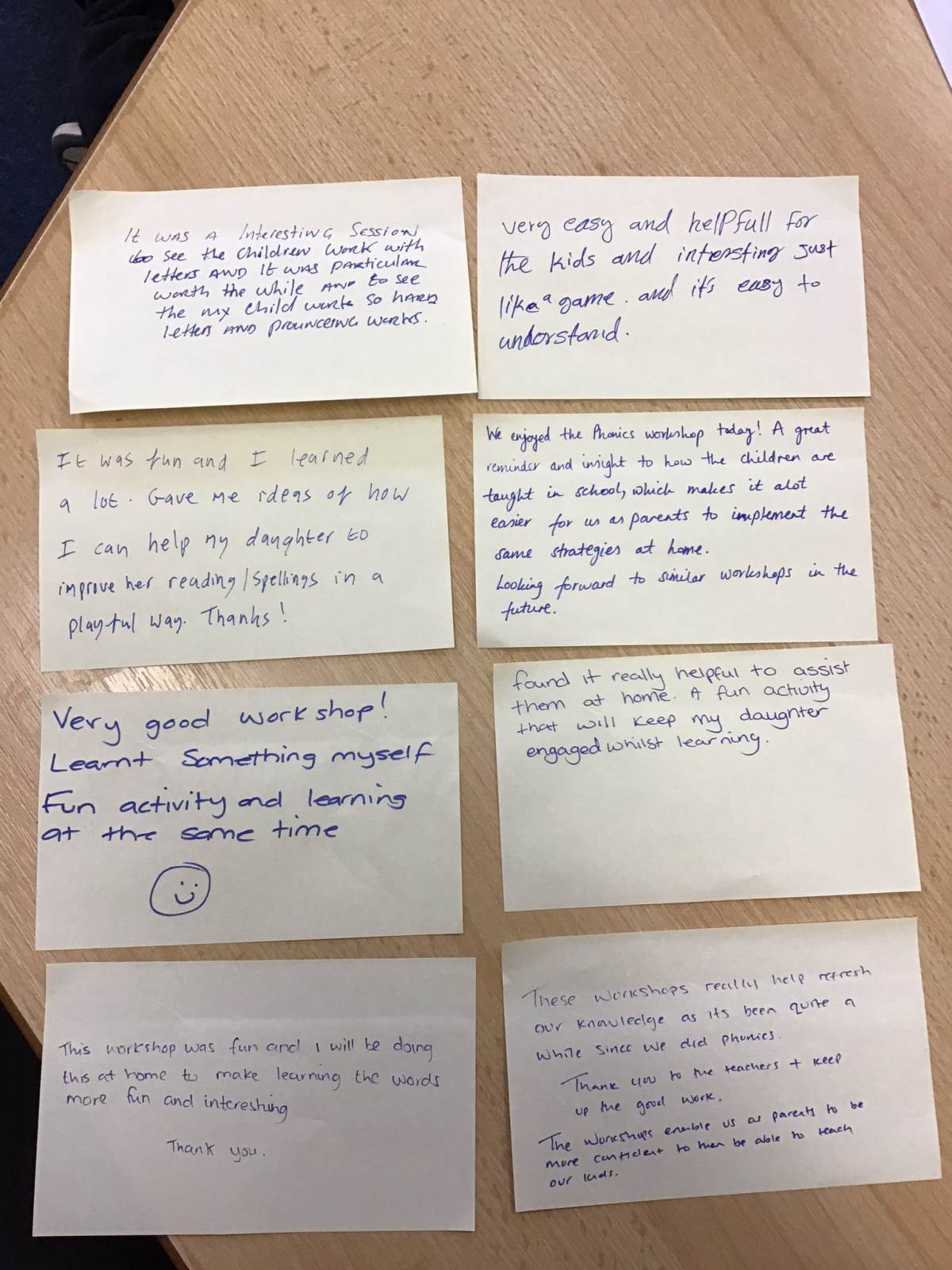
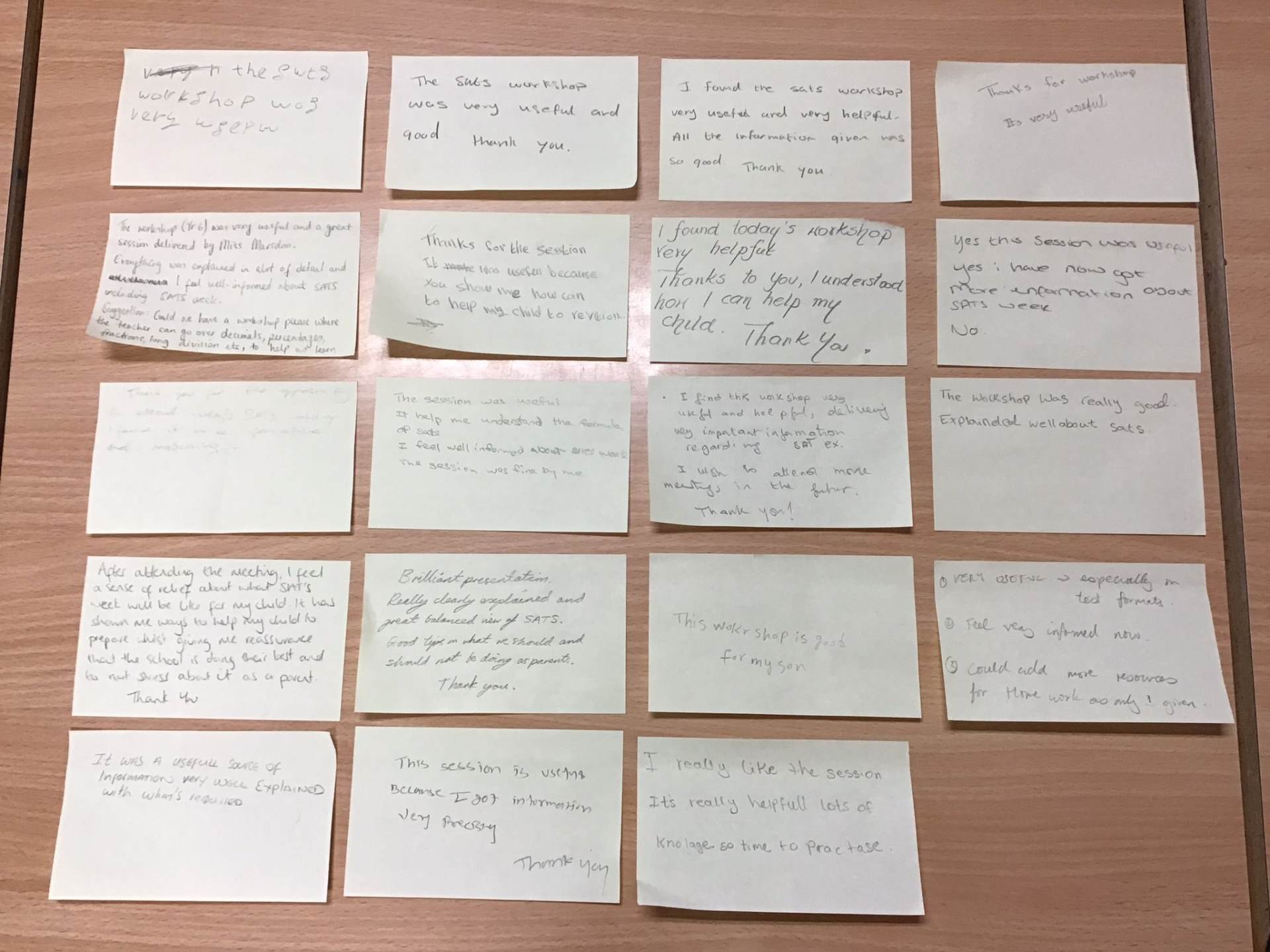
- It was very helpful. Thank you to all the teachers.
- Amazing workshop! Gained a great insight to Year 3 english lessons. Very informative session.
- Great way to interact with the children and get involved. Good insight into how are children are being taught in lessons. Thank you.
- Thank you Park Hill and lovely teachers. It was a great workshop.
- It was a really nice experience today learning different ways of reading that really helps promote reading.
- A fun and informative workshop.
- Very informative. Teachers are very good.
09/10/2024 Year 5 and 6 reading and writing workshop for parents
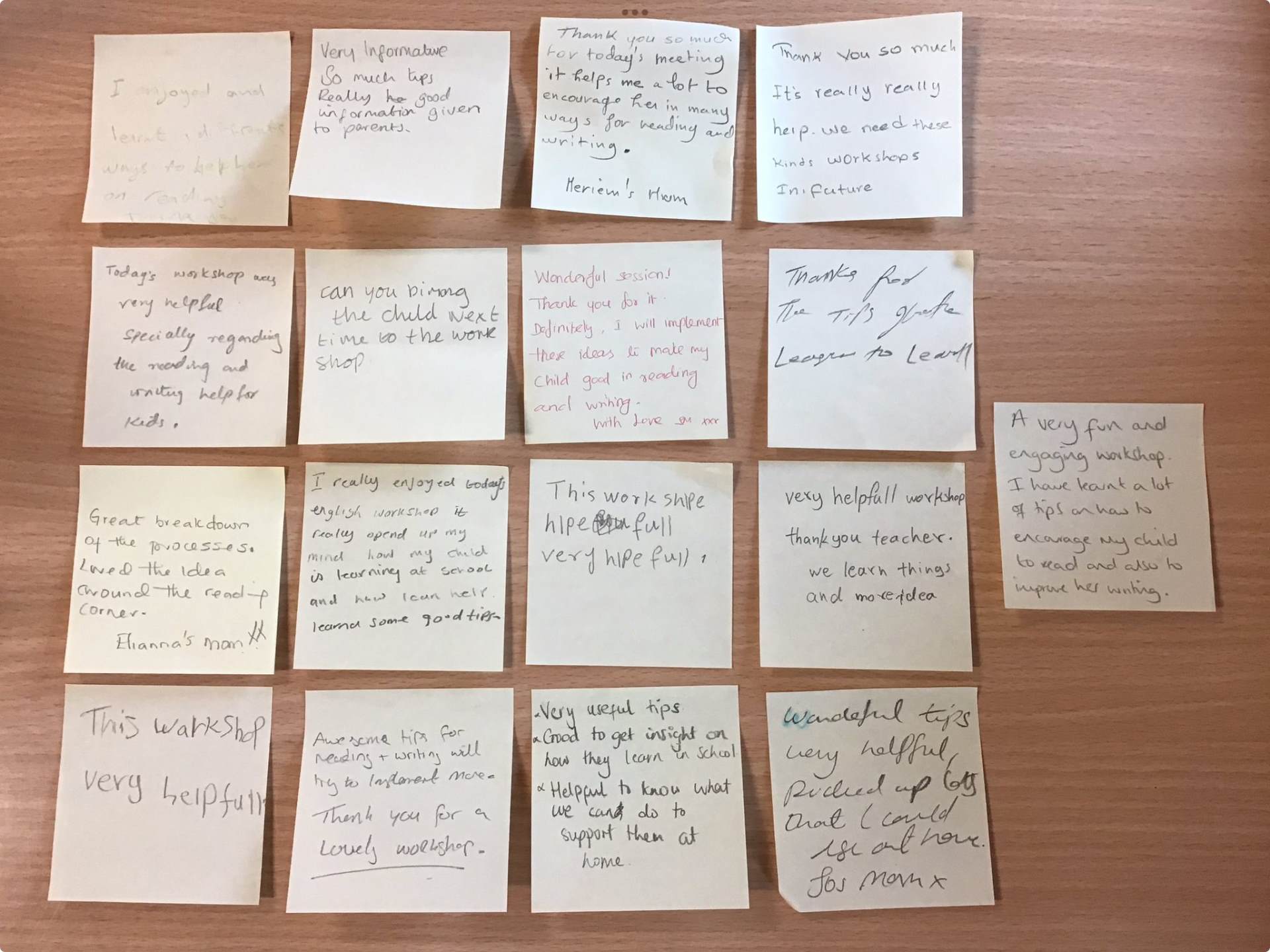
13/11/2024 Year 6 reading inspire workshop for parents 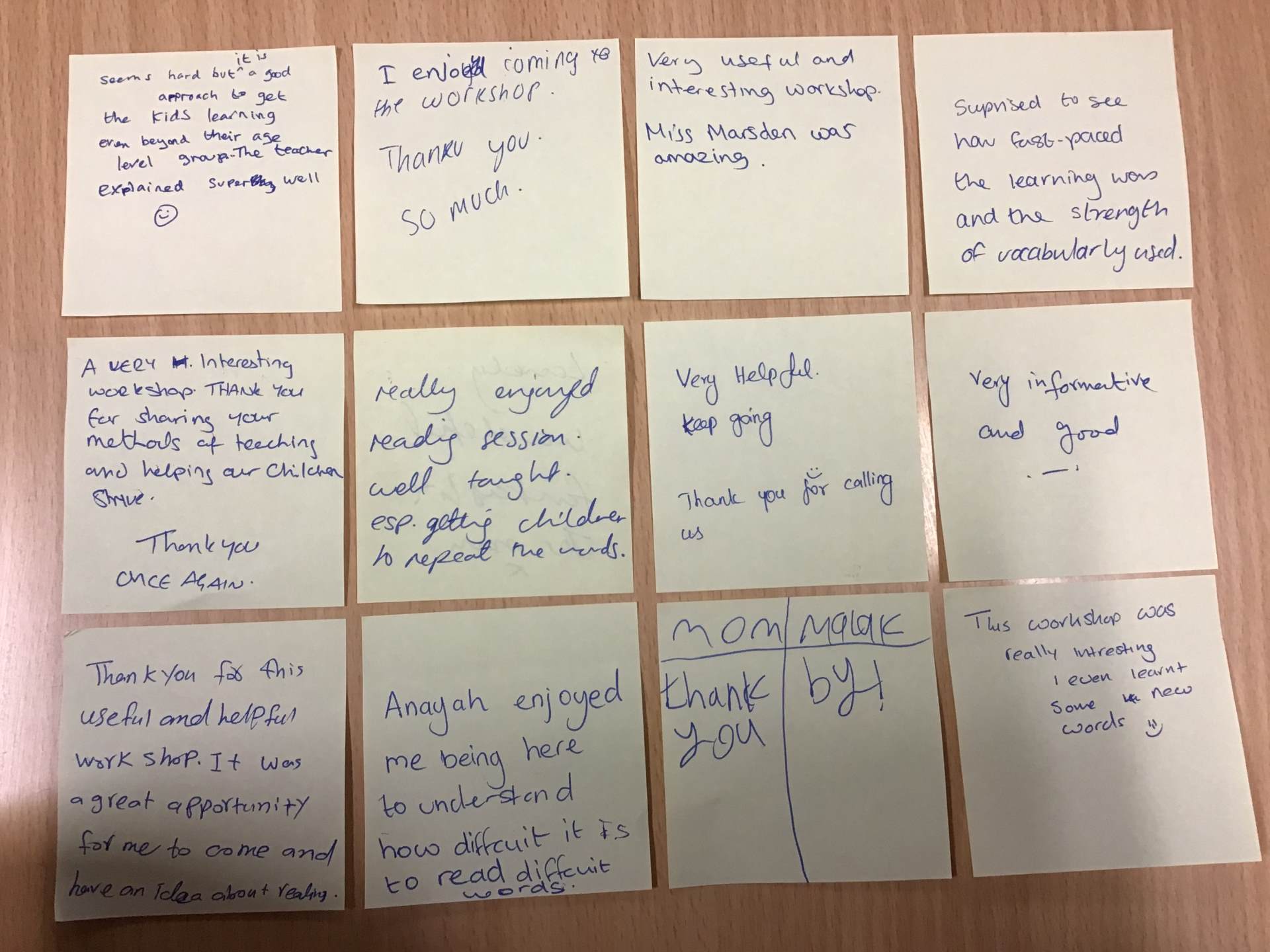
Handwriting Competition
Our whole school takes part in a handwriting competition each half term and a winner is chosen from each year group. Here are the winning entries and some of our children from KS1 enjoying their prizes!
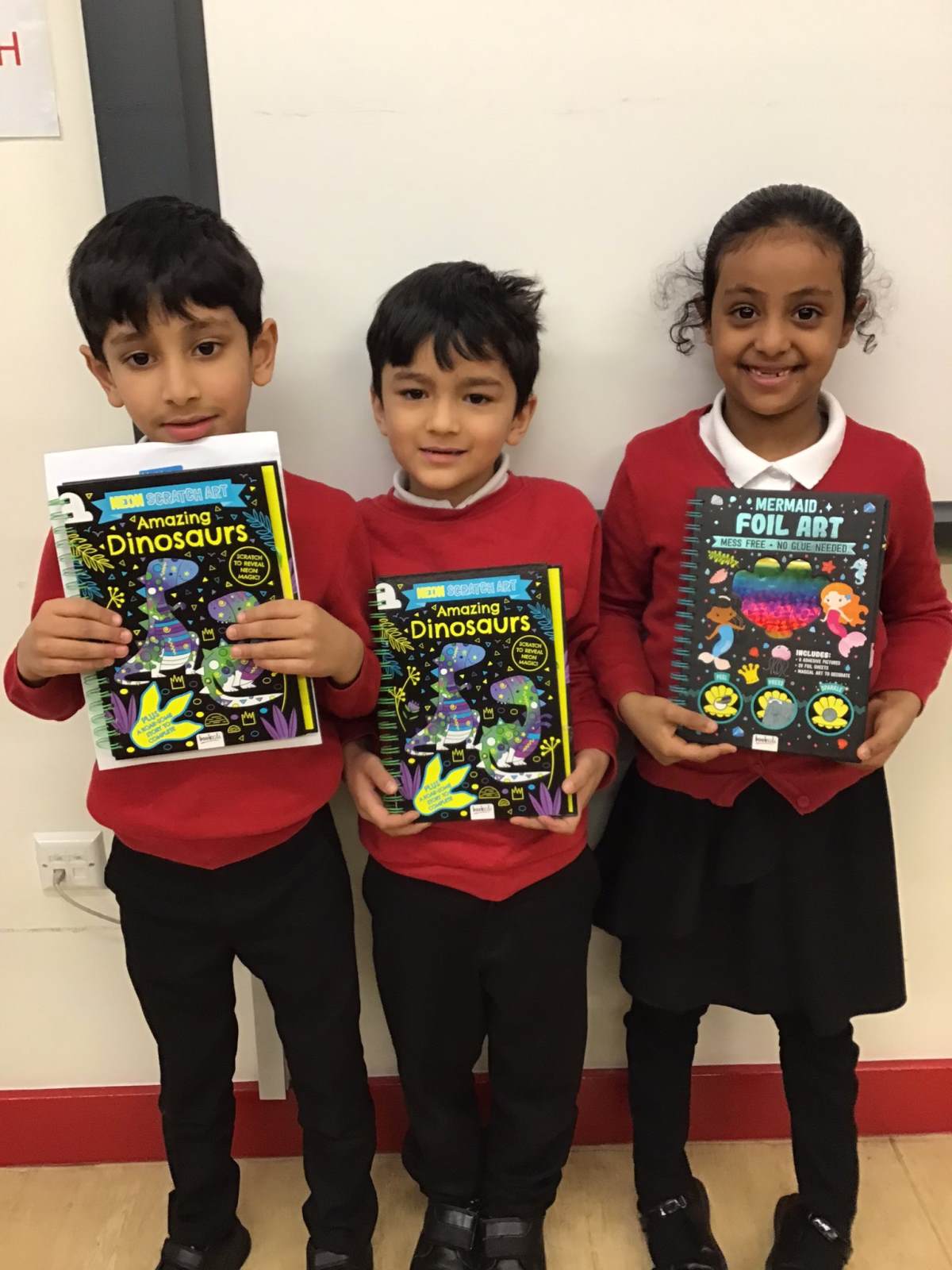
Author Visits - Tom Palmer and Joseph Elliott
Our Year 5 and 6 children have had the opportunity to visit two famous authors - Tom Palmer and Joseph Elliott (organised by King Edwards School). Unfortunately, Tom was ill so the children met with John Dougherty instead. They had really wonderful days and came back inspired!
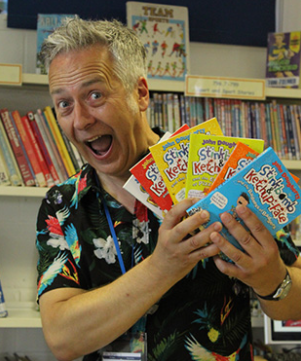
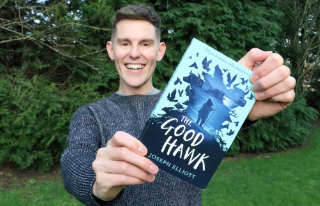
Macbeth Young Shakespeare Company Performance
Year 6 were very lucky to have the Young Shakespeare Company come into school to perform Macbeth. The children were inspired and wrote some narratives and setting descriptions based on Macbeth.
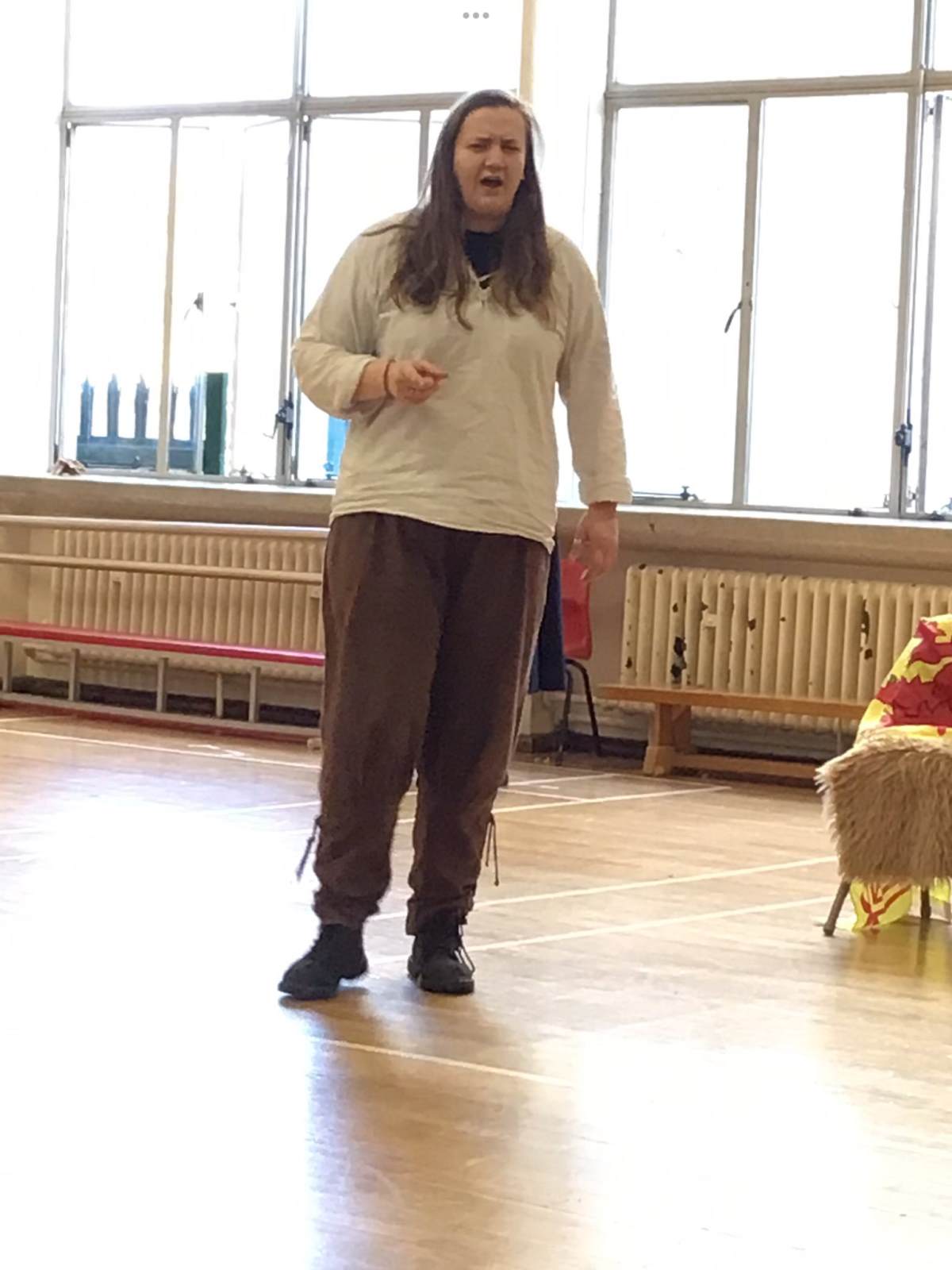
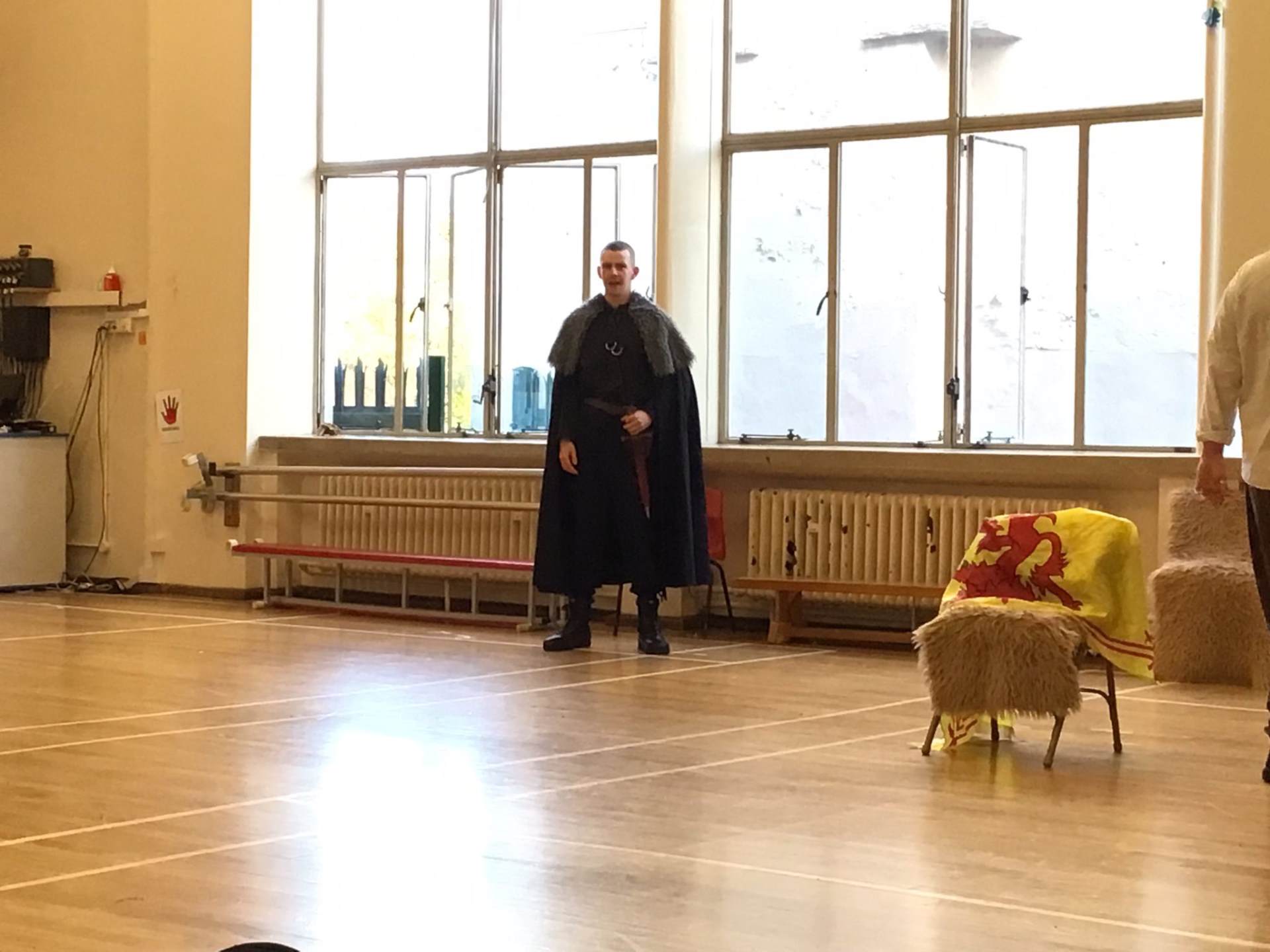
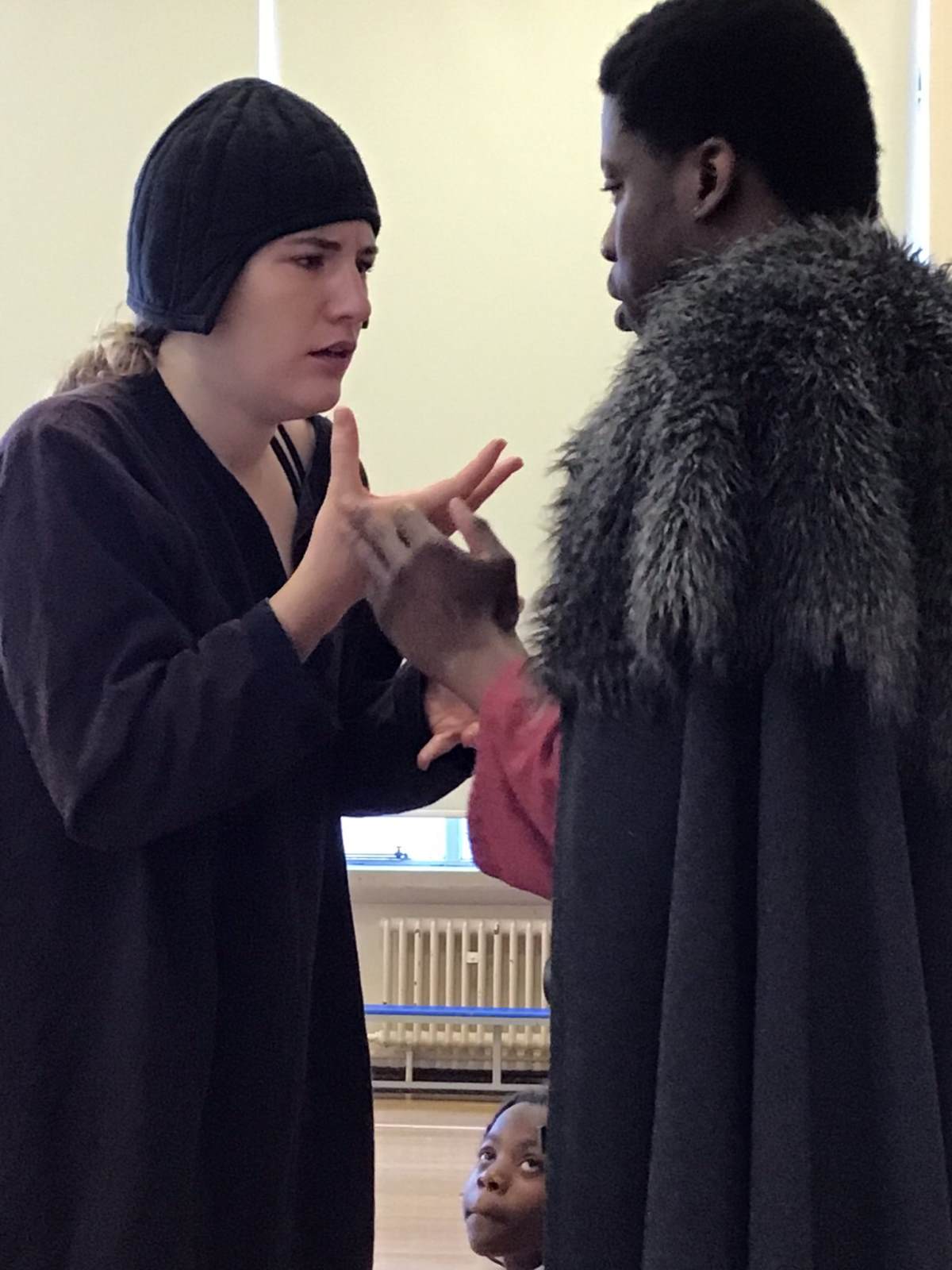
Performance
Here are some Year 6 children performing their playscripts based on A Christmas Carol by Charles Dickens and role playing Hamlet and Ophelia.
/i/video/Y6_playscript.mov
National Poetry Day 2024
Park Hill are now Guinnes World Record Holders! Our children and staff were lucky enough to take part in the Guiness World Record Attempt for the largest poetry lesson (multiple venues). We helped poet Laura Mucha write a poem all about the things that count and matter to our children. We had an amazing time and even received a thank you letter from Laura herself!
English and cross-curricular work


